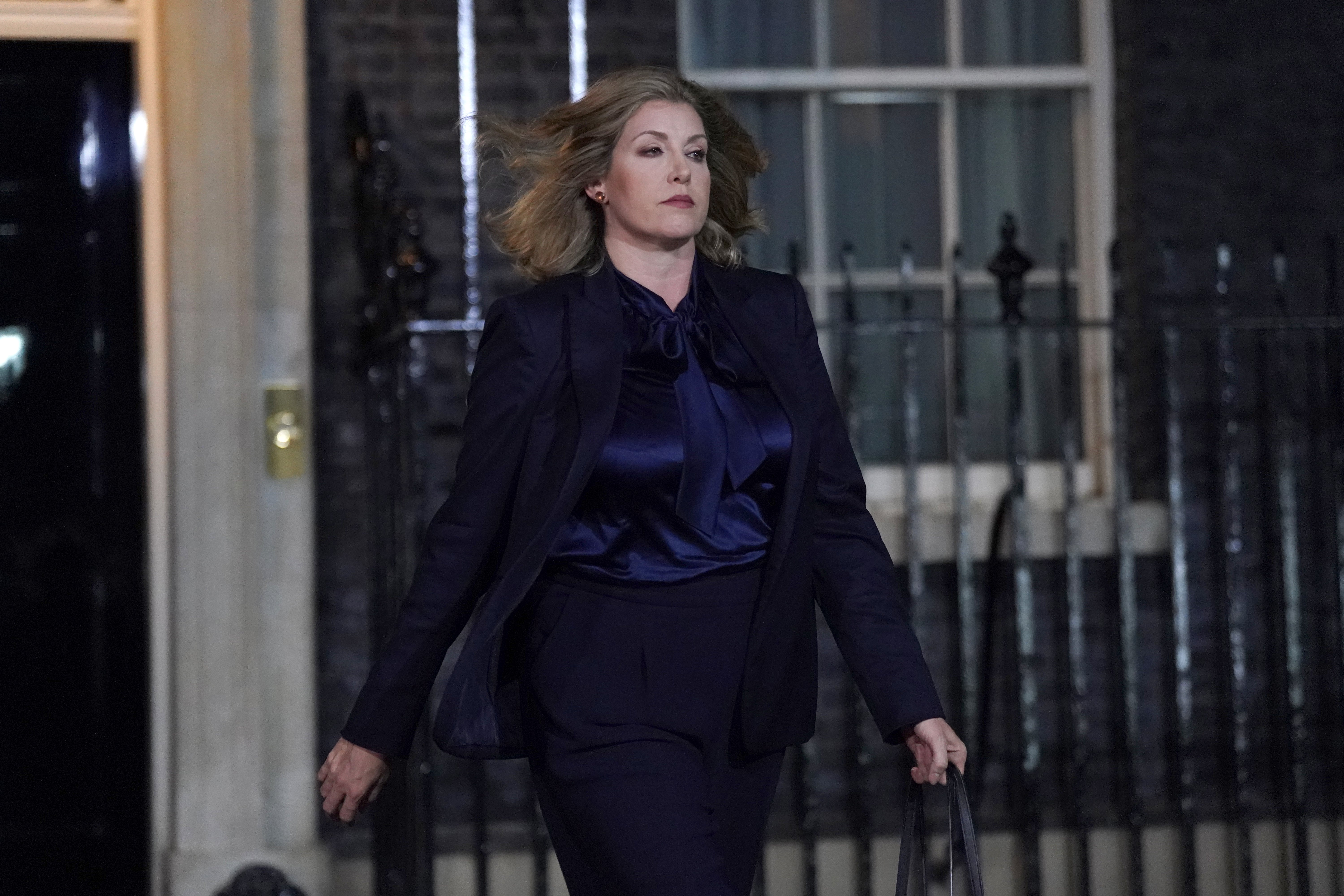King Charles III: What is the Accession Council and how will proceedings unfold?
New monarch to be formally recognised by historic body on Saturday morning
Your support helps us to tell the story
From reproductive rights to climate change to Big Tech, The Independent is on the ground when the story is developing. Whether it's investigating the financials of Elon Musk's pro-Trump PAC or producing our latest documentary, 'The A Word', which shines a light on the American women fighting for reproductive rights, we know how important it is to parse out the facts from the messaging.
At such a critical moment in US history, we need reporters on the ground. Your donation allows us to keep sending journalists to speak to both sides of the story.
The Independent is trusted by Americans across the entire political spectrum. And unlike many other quality news outlets, we choose not to lock Americans out of our reporting and analysis with paywalls. We believe quality journalism should be available to everyone, paid for by those who can afford it.
Your support makes all the difference.King Charles III will be formally recognised as Britain’s new sovereign on Saturday morning when the historic Accession Council convenes at 10am at St James’s Palace, London, following the death of Queen Elizabeth II on Thursday.
For the first time ever, the council’s proceedings will be televised.
Although the Queen’s eldest son automatically became monarch with the passing of his mother, the ceremonial gathering will provide official acknowledgement of the fact and agree a proclamation announcing the news to be read to the wider world.
It would ordinarily take place within 24 hours of the present monarch’s death but because Her Majesty’s passing was only announced on Thursday evening, there was insufficient time to set the wheels in motion any sooner.
Historically, the entire Privy Council – a body founded in 1708 to advise the monarch on affairs of state in private, hence “privy” – would be invited to attend the Accession Council but, since the membership has swelled from 175 in 1952 to over 700 today, that is no longer practical.
Instead, just 200 will be summoned with the remainder able to apply for the right to attend by ballot.
The event will be presided over by Penny Mordaunt, who was only made lord president of the council and leader of the House of Commons on Tuesday as part of new prime minister Liz Truss’s cabinet reshuffle.
The first part of the ceremony at the palace will concern the proclamation itself and see the assembled privy councillors, great officers of state, members of the House of Lords, the Lord Mayor of the City of London, the aldermen of the City of London, high commissioners of Commonwealth realms and other civil servants all gather in the banqueting hall or picture gallery to acknowledge the new sovereign.
With the incoming King absent at this point, Ms Mordaunt will announce the Queen’s death and call on the council clerk to read aloud the Accession Proclamation.
This will then be signed by the platform party, consisting of, amongst others, the Queen consort Camilla, Charles’s eldest son Prince William, the archbishops of Canterbury and York, Ms Truss, the lord chancellor, the lord privy seal, the lord great chamberlain, the earl marshal and Ms Mordaunt.
Once the dissemination of the proclamation and other matters, such as the firing of 41-gun salutes at Hyde Park and the Tower of London have been agreed, the King will finally enter.
The second part, expected to be held in the palace’s red-carpeted Entree Room, is the King’s first session of the Privy Council, at which he will make some personal remarks about the death of his mother, swear an oath to preserve the Church of Scotland and sign an instrument acknowledging the fact, witnessed by Camilla, William, secretary of state for Scotland Alister Jack and Scottish first minister Nicola Sturgeon.

This oath has been taken by every incoming king and queen since George I in 1714 in acknowledgement of the country’s separation of church and state.
Ms Mordaunt will then conclude the meeting and the privy councillors will sign the proclamation one by one as they depart.
The official record of proceedings will be passed on to The London Gazette for publication in a special supplement and posted on its website.
Afterwards, trumpeters from the Life Guards will sound three blasts from the Friar Court balcony, before David Vines White, garter king of arms, appears at noon, flanked by the earl marshal and two serjeants at arms, to read aloud the proclamation, officially introducing King Charles III to his public.
The firing of the guns will then ring out from Hyde Park.
Out of respect for the new sovereign, all flags flying at the palace will return to full mast for the reading of the proclamation in celebration of his new tenure, before dropping back to half-mast in mourning for the Queen.
The proclamation will go on to be read out at the Royal Exchange in the City of London and in the capitals of the other home nations, Edinburgh, Cardiff and Belfast and, according to custom, in Windsor and York.
Once these ceremonies have been concluded, King Charles III will be cleared to meet with Ms Truss’s cabinet, itself only announced on Tuesday evening, for introductions and discussions of the affairs of the day.

Join our commenting forum
Join thought-provoking conversations, follow other Independent readers and see their replies
Comments